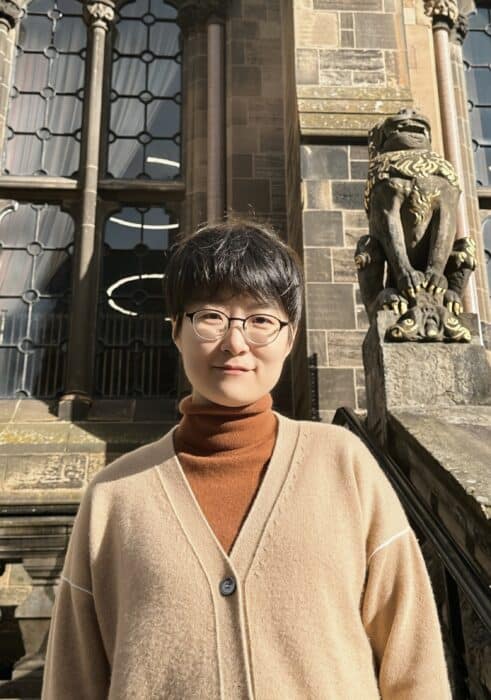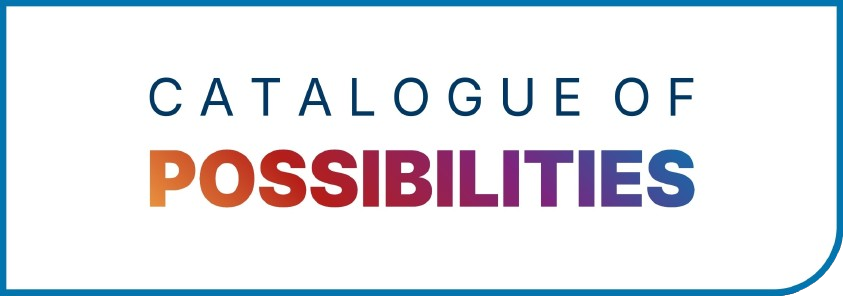Dr Dongzhu Liu she/her

Lecturer
Strategic Research Areas
My group works on areas including multimodal sensing, integrated sensing and communication (ISAC), edge intelligence, and task-oriented learning. A key strand of our work explores distributed Bayesian learning, which allows us to quantify model uncertainty in federated or decentralized settings — vital for decision-making in safety-critical and low-trust environments. We combine tools from wireless signal processing, deep learning, and probabilistic modelling, and apply them in domains such as smart cities, environmental monitoring, and next-generation wireless systems.
I actively seek interdisciplinary collaborations that connect computing, signal processing, environmental science, and robotics. I’m particularly interested in co-designing systems where communication infrastructure and environmental awareness inform each other, and where machine learning is made both reliable and deployable in the real world.
As an early-career academic, I currently supervise three funded PhD students, with another joining in October 2025. All students are supported by full scholarships and engaged in cutting-edge research at the intersection of communication and intelligence. I take a collaborative, supportive approach to supervision, balancing structured guidance with the freedom to explore and innovate.
Equity, diversity, and inclusion are core to my academic values. As a female researcher in a male-dominated field, I am committed to supporting and mentoring female students. I actively encourage women to pursue PhDs in computing and engineering, and strive to create an inclusive, respectful, and empowering research environment.
Outside of academia, I am a keen amateur badminton player and enjoy road trips, especially those that let me explore nature and new places with my family. These moments recharge my energy and often give me fresh perspectives on my research. I believe that research should be both technically excellent and socially meaningful — and the CDT community offers an inspiring environment to help co-create that future.

